Romero Days 2025: The Future of Romero Studies
We stand at an exciting time in the study and reception of the witness of Óscar Romero. In the 1980s, 1990s, and the first decade of the 2000s, biographies, personal reflections, theological essays, devotionals, and collections of primary texts made Romero’s witness more accessible around the world. In the 2010s, we saw in increasing number of books that take Romero ever-more seriously as both bishop and a deep theological thinker: as someone, who in both life and word, offered a corpus worthy of critical engagement and creative reception, as someone who continues—if we would listen—to speak into the challenges we face today. All of this has set a foundation for the generative and open-ended time in which we find ourselves. Romero Days 2025 will gather leading scholars from around the world to discuss the most urgent needs and the field of Romero Studies going forward. What parts of his legacy remained underexplored by scholars? How can his vision of peace, justice, and Christian life speak into the problems we face today? What does it look like to move forward as a genuine community of scholars and practitioners?
Location: Hesburgh Center for International Studies
Presented by the Kellogg Institute with cosponsorship by the Cushwa Center, Kroc Institute for Peace Studies and Department of Theology.
Location: Hesburgh Center for International Studies
Monday, March 24
8:00-9:00am: Light Breakfast
9:00-9:10am Welcome and Introduction
- Todd Walatka
9:10-10:30am: Romero in Context
- Carlos Colorado: "A Prophet In His Own Country: Reception of Romero’s Sainthood in El Salvador"
-
Laurel Potter: "'Los sin voz': recuentos eclesiológicos de las Comunidades Eclesiales de Base de El Salvador"
10:40am-12:00pm: Romero: Historia y Esperanza (en español)
- Ramón Lara (Spanish): "Conocer a Romero como sacerdote para comprenderlo como obispo. Pistas para una martiropraxis"
- Rodolfo Cardenal (Spanish): "Mons. Romero: el desafío de practicar la esperanza"
12:00-1:30pm: Lunch open to all attendees
1:30-2:50pm: Spirituality and Preaching
- Alma Tinoco Ruiz: "Oscar Romero’s Empathetic Witness: Demonstrating the Intertwining of the Pastoral and Prophetic in His Homilies"
- Matt Ashley: "'No One Can Quench the Life that Christ has Resurrected': Oscar Romero's Resurrection Spirituality"
3:15-4:30pm: Book Launch Session: Óscar Romero and Catholic Social Teaching
- Meghan Clark, Kevin Coleman, and José Henríquez
5:15-6:15pm: Romero Martyrdom Anniversary Mass
All Saints Chapel, Jenkins Nanovic Halls
6:30-8:30pm: Invited Dinner
Tuesday, March 25
8:00-9:00am: Light Breakfast
9:00-10:30am: Receiving Romero Today
- Liz Gandolfo: "Romero and Christology"
-
Michael Lee: "Romero and Synodality"
10:40am-12:00pm: Romero and Revolutionary Politics/Theology
- David Lantigua: "Romero and the Question of Revolution, Then and Now"
-
Matthew Whelan: "Romero among the Liberation Theologians"
12:00-1:30pm: Lunch open to all attendees
1:30-2:50pm: Romero in Conversation
- Kathryn Muensterman: "Vocation, Contemplation, and Action: Romero and the Christian Mystical Tradition"
- Robert Hernández: "Returning to the Idea of Monseñor Romero as “Ecclesial Mystic"
-
Emmanuel Ojeifo: "Óscar Romero and the Theology of Land in Africa Today"
3:15-4:30pm: Reflecting Together on the Witness of Romero
- Led by Leo Guardado and Todd Walatka
6:00-8:30pm: Reception and Dinner open to all
Speakers
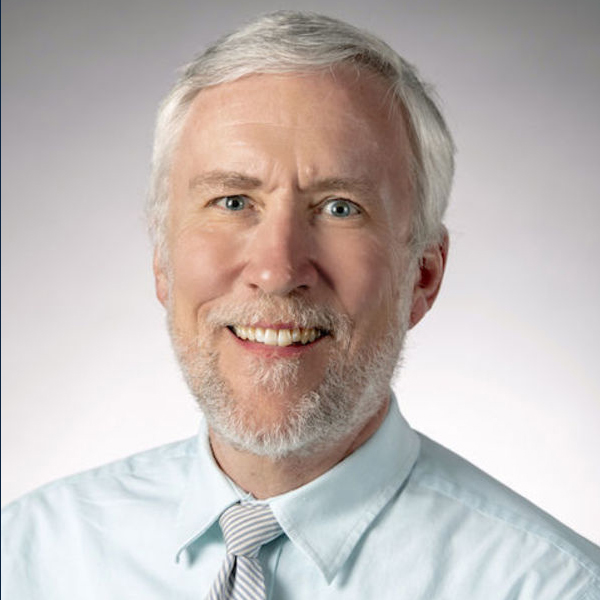 J. Matthew Ashley
J. Matthew Ashley
Jesuit School of Theology of Santa Clara University
Matthew Ashley is professor of Christian spirituality at the Jesuit School of Theology of Santa Clara University, in Berkeley, California. He has written on political and liberation theology and on the intersections of Christian spirituality and academic theology. His most recent book is Renewing Theology: Ignatian Spirituality and Karl Rahner, Ignacio Ellacuría, and Pope Francis (University of Notre Dame Press, 2022).
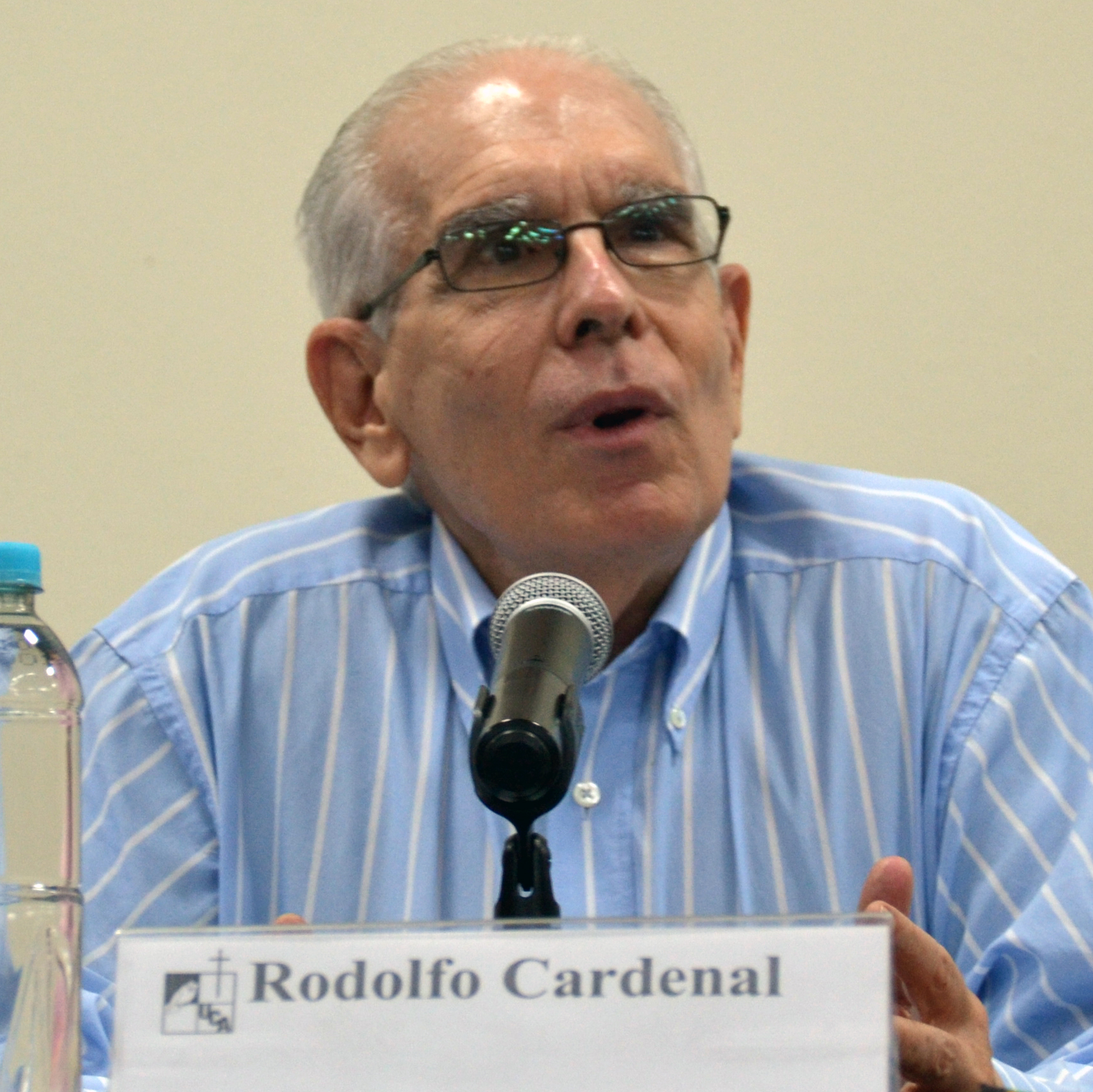 Rodolfo Cardenal, SJ
Rodolfo Cardenal, SJ
Universidad Centroamericana José Simeón Cañas
Rodolfo Cardenal, SJ, a Salvadoran born in Nicaragua, is the director of the Centro Monseñor Romero at the Universidad Centroamericana José Simeón Cañas in San Salvador, where he has held various administrative positions. A Jesuit priest, Cardenal is a professor of history and theology who has authored numerous books and articles on Rutilio Grande, Óscar Romero, the martyrs of El Salvador, the history of Central America, and the history of the Catholic Church.
 Meghan Clark
Meghan Clark
St John’s University (New York)
Meghan J. Clark is a professor of moral theology at St John’s University, New York. She is an expert in Catholic Social Teaching and has published extensively on the principle of solidarity. She is author of The Vision of Catholic Social Thought: the Virtue of Solidarity and the Praxis of Human Rights (Fortress Press, 2014) and co-editor of Public Theology and the Global Common Good: The Contribution of David Hollenbach (Orbis, 2106). In 2022, she was assistant coordinator for North America for “Doing Theology from the Existential Peripheries,” a global theology project of the Migrant & Refugee Section of the Holy See’s Dicastery for the Promotion of Integral Human Development. A senior fellow at St. John’s Vincentian Center for Church and Society, Clark also serves as a faculty expert for the Holy See’s Mission to the United Nations.
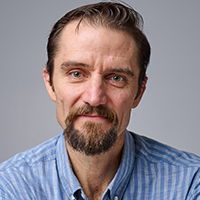 Kevin Coleman
Kevin Coleman
University of Toronto
Kevin Coleman is associate professor of history at the University of Toronto. He is the author of A Camera in the Garden of Eden: The Self-Forging of a Banana Republic (2016). He directed and wrote Stolen Photo (2024), a documentary film coproduced by Señal Colombia and supported by the National Film Board of Canada. He is co-editor of Capitalism and the Camera (Verso, 2021), a book translated into Chinese as 資本主義與相機──論攝影及榨取 (*2024), and Coups d’état in Cold War Latin America (Cambridge University Press, 2024). His research has been funded by the Andrew W. Mellon Foundation and the Social Sciences and Humanities Research Council and has been awarded prizes from the American Historical Association and the Canadian Historical Association. He is currently writing a book on Oscar Romero.
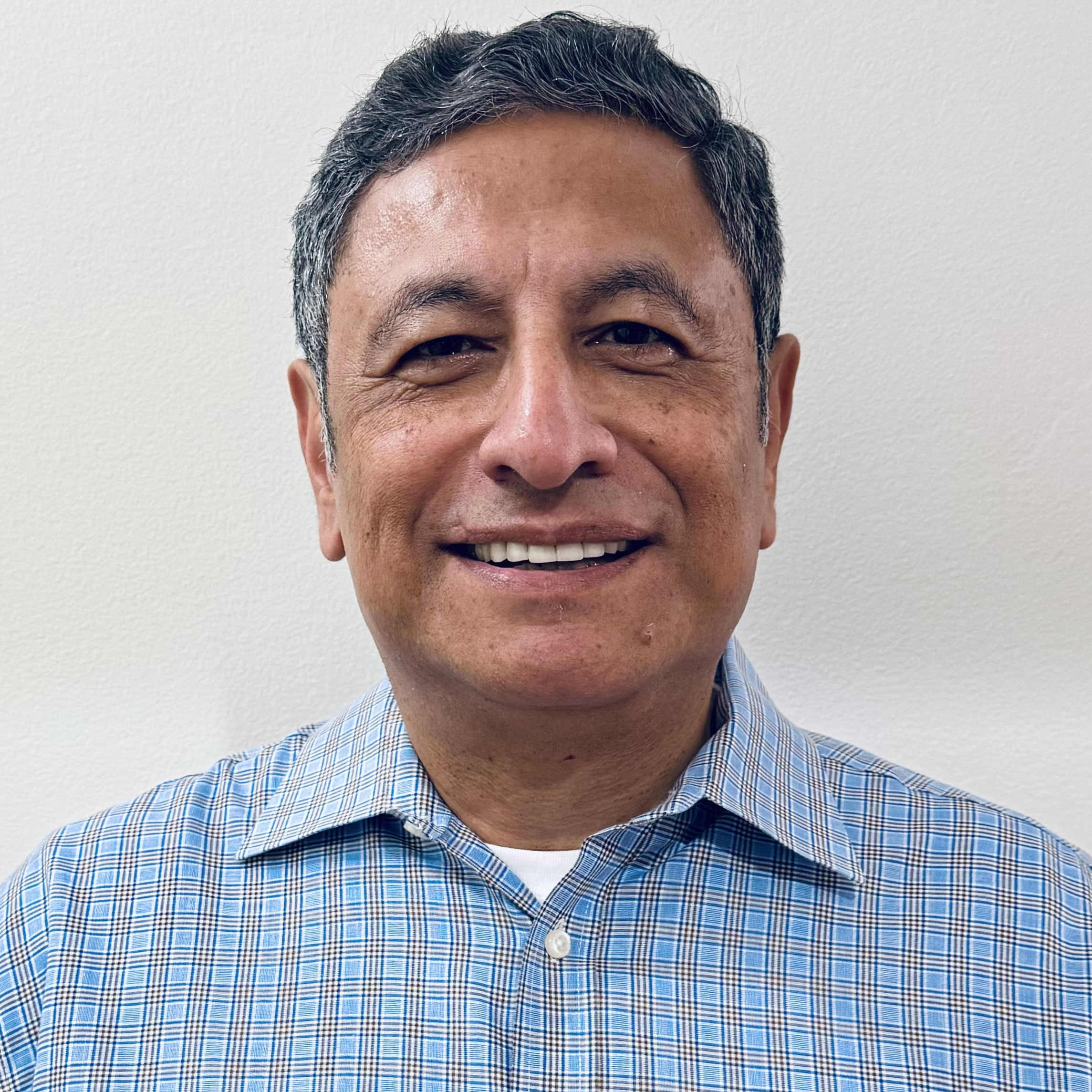 Carlos Colorado
Carlos Colorado
Attorney
Carlos Colorado is a Salvadoran American attorney and writer in Southern California. He rose to prominence among Romero followers after publishing a blog tracking Romero’s canonization cause for twelve years between 2006-2018, providing inside information and insights regarding the obscure church process. Colorado’s blog was called “Super Martyrio,” the name of the church’s official final report on a martyrdom cause. Colorado studied journalism at Boston University and obtained a law degree from the University of Southern California School of Law. He practices civil litigation in Long Beach, California.
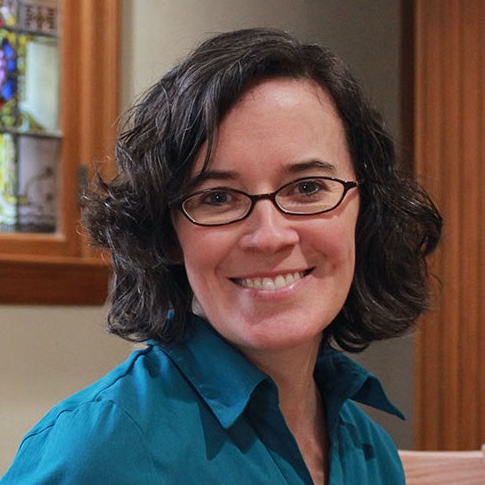 Elizabeth O’Donnell Gandolfo
Elizabeth O’Donnell Gandolfo
Wake Forest University
Elizabeth O’Donnell Gandolfo is the Earley Associate Professor of Catholic and Latin American Studies and associate dean for academic affairs at Wake Forest University School of Divinity. A constructive feminist theologian rooted in the Catholic tradition, her teaching and research places Christian theology in conversation with human resilience and resistance to vulnerability and violence, especially in contexts of social injustice and ecological degradation. Gandolfo’s most recent publications include Ecomartyrdom in the Americas: Living and Dying for Our Common Home (Orbis, 2023) and the co-authored book Re-membering the Reign of God: The Decolonial Witness of El Salvador’s Church of the Poor (Lexington, 2022, with Laurel Marshall Potter).
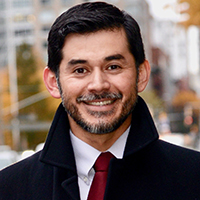 Leo Guardado
Leo Guardado
Fordham University
Originally from the mountain of Chalatenango, El Salvador, Leo Guardado is assistant professor in the Theology Department at Fordham University. His research and publications deal with the tradition of sanctuary or asylum in churches, indigenous healing practices among migrant communities, and the theology of Gustavo Gutiérrez. He serves on the boards of various journals, works with one of the study groups arising from the synod process, and collaborates with the ongoing development of the Amazon rite. He has a Masters of Theological Studies (MTS) in patristics and a PhD in systematic theology and international peace studies, both from the University of Notre Dame.
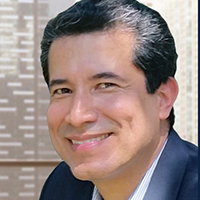 José Henríquez Leiva
José Henríquez Leiva
Doctoral Student in Human Rights Law, University of Galway (Ireland)
José Henríquez Leiva is completing a PhD in International Human Rights Law at the Irish Center for Human Rights, University of Galway, where he has been teaching about children’s rights and regional systems and mechanisms of human rights protection. He studies the complexities and ramifications of urban violence, mainly when it involves youth and marginalized communities, and governmental responses; he is also interested in nonviolence and nonviolent praxis and actively collaborated to set up the Catholic Nonviolence Initiative for Pax Christi International. His recent research examines the violent dynamics of gangs and states in Central America and violence against women and girls in several geographical regions.
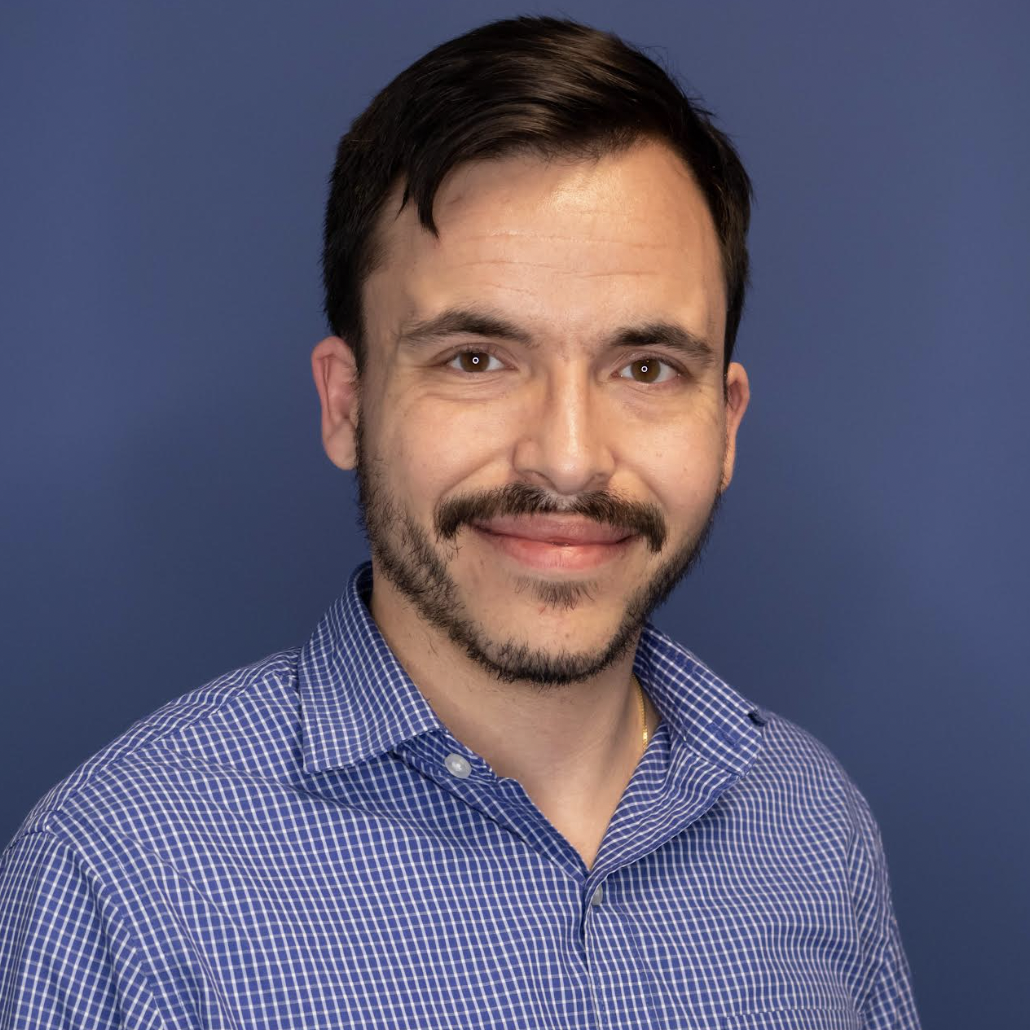 Robert Hernandez
Robert Hernandez
Masters of Theological Studies Student, University of Notre Dame
Robert Hernandez is a current MTS student at the University of Notre Dame studying systematic theology. His research interests include Latin American and Latino/a ecclesiologies, liberation theologies, and the history of mysticism. A former high school teacher, he is also very interested in theology as pedagogy and/or catechesis.
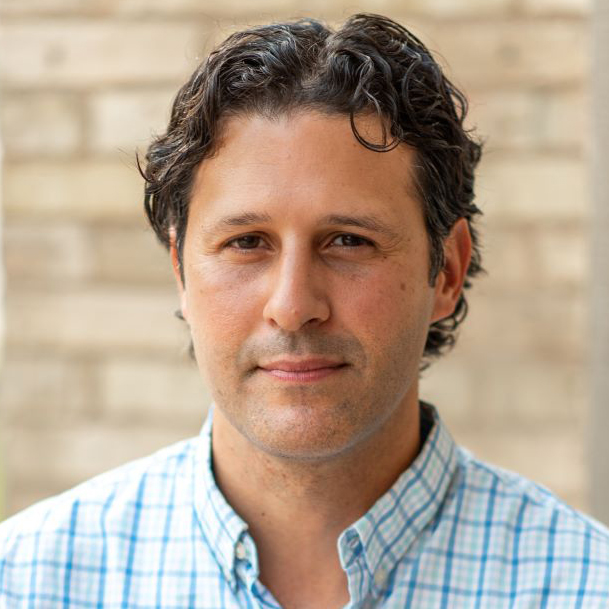 David Lantigua
David Lantigua
University of Notre Dame
David Lantigua is associate professor of theology at the University of Notre Dame, where he is also co-director of the Cushwa Center for the Study of American Catholicism. He is author of Infidels and Empires in a New World Order: Early Modern Spanish Contributions to International Legal Thought (Cambridge University Press) and co-editor and co-translator of Bartolomé de las Casas and the Defense of Amerindian Rights (University of Alabama Press). His research interests include modern social Catholicism, Spanish scholasticism, Latin American theology, and the history of international law and human rights. His current book project is on the topic of Pope Francis, social revolution, and the legacy of Latin American theology for a global Church. He is a child of immigrant and refugee parents from Cuba and Paraguay.
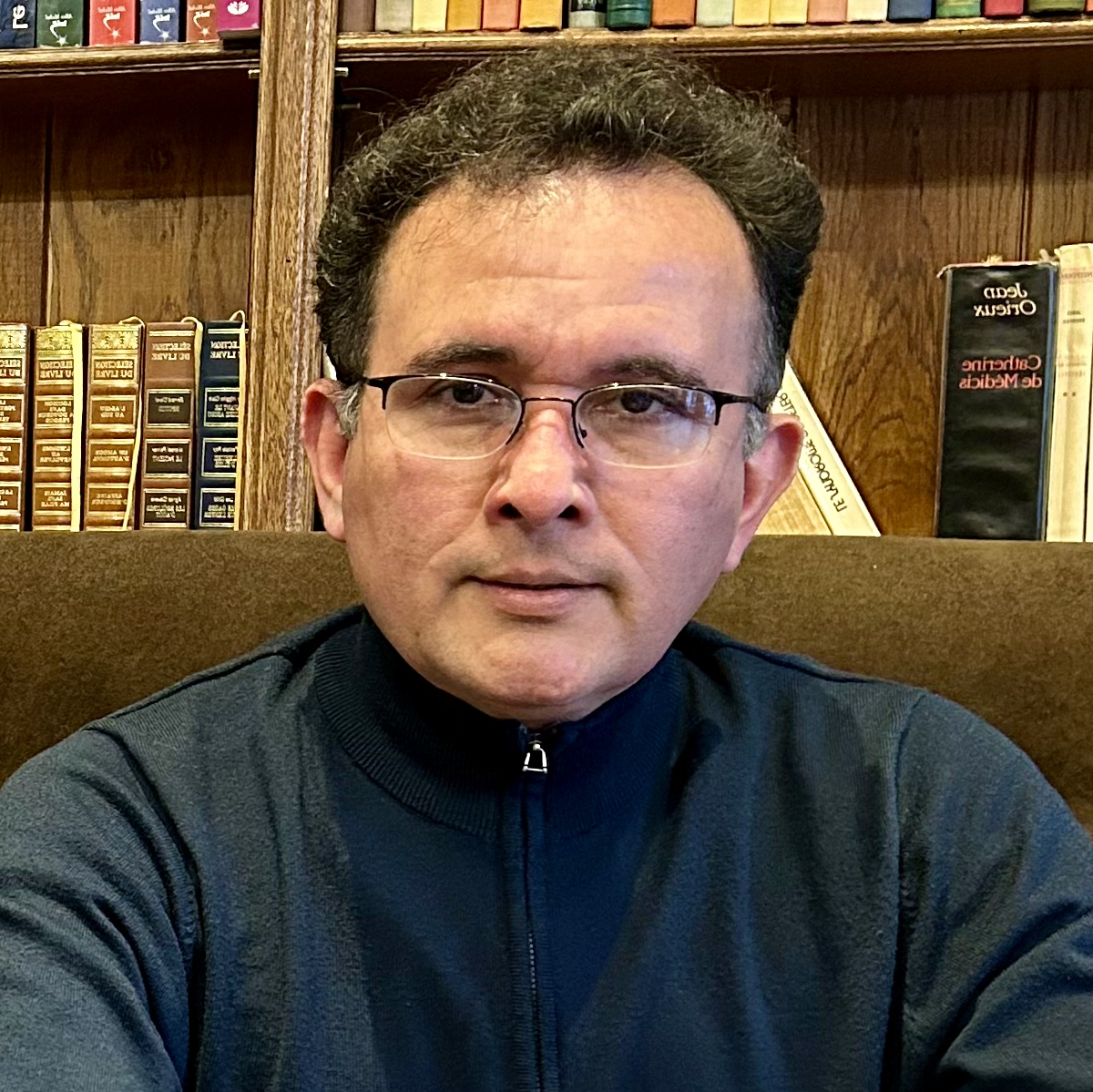 Ramón Lara
Ramón Lara
Escuela Teológica de la Universidad Don Bosco
Ramón Obdulio Lara Palma is a professor at the Theological School of the Escuela Teológica de la Universidad Don Bosco (San Salvador) and at the Seminario Mayor San Óscar Arnulfo Romero (Santiago de María). A native of El Salvador and ordained a diocesan priest in 2001, he has been parish vicar at San Carlos Borromeo and parish priest at San Alejo, both located in La Unión in eastern El Salvador. He studied dogmatic theology at the Pontifical Gregorian University (Rome) and holds a PhD from Catholic University of Louvain. His work appears in such publications as Salmanticensis (Salamanca, Spain), Teoría y Praxis (San Salvador), Latin American Journal of Theology (San Salvador).
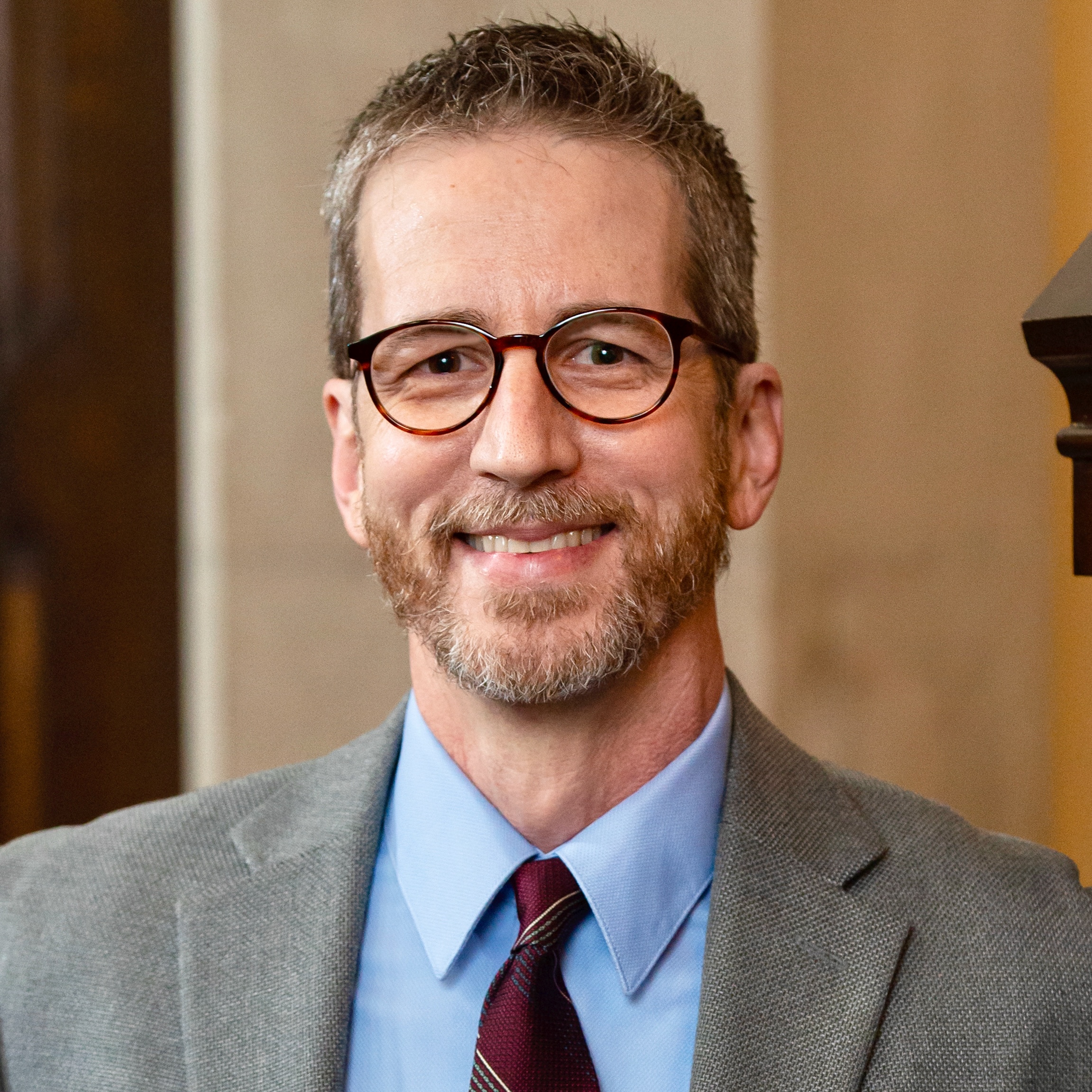 Michael E. Lee
Michael E. Lee
Fordham University
Michael Lee is Director of the Francis & Ann Curran Center for American Catholic Studies at Fordham University where he is Professor of Theology and member of the Latin American and Latino Studies Institute. He researches and teaches courses in Roman Catholic theology and history, liberation theologies, Latin American and US Latine theologies, Christology, and spirituality. He has served as President of the Academy of Catholic Hispanic Theologians of the United States (ACHTUS). He is the author of Revolutionary Saint: The Theological Legacy of Óscar Romero (Orbis, 2018), Bearing the Weight of Salvation: The Soteriology of Ignacio Ellacuría (Herder & Herder, 2010), and editor of Ignacio Ellacuría: Essays on History, Liberation, and Salvation (Orbis, 2013).
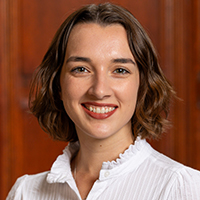 Kathryn Muensterman
Kathryn Muensterman
Doctoral Student in Theology, University of Notre Dame
Kathryn Muensterman is a doctoral student in Systematic Theology at the University of Notre Dame. Her research focuses on theologies of suffering, sin, and salvation, particularly through the intersection of mystical and liberation theologies. She holds a Master of Arts in Religion from Yale Divinity School (2024).
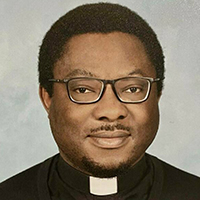 Emmanuel Ojeifo
Emmanuel Ojeifo
Doctoral Candidate in Theology, University of Notre Dame
A Kellogg Institute Doctoral Affiliate, Emmanuel Ojeifo is a PhD candidate in the Department of Theology and graduate coordinator of the Kellogg Integral Ecology Working Group at Notre Dame. His research interests include ecological and agrarian violence, eco-martyrdom, black sanctity, and integral development in Africa. His dissertation research examines the question of land violence, identity, and belonging in sub-Saharan Africa through the lens of Christian theological social ethics. His article "Mineral Extraction, Human Rights Violations, and the Church’s Social Responsibility in the Democratic Republic of Congo" will appear in the May 2025 Issue of the African Theological Journal of Church and Society.
 Laurel Marshall Potter
Laurel Marshall Potter
University of St. Thomas (Minnesota)
Laurel Marshall Potter is assistant professor of theology at the University of St. Thomas in Minnesota. Working between systematic and constructive theology, she studies the contemporary development of NuestrAmerican liberation theologies toward intercultural, interreligious, and decolonial horizons, with a current focus on the extraordinary liturgical expressions of Ecclesial Base Communities in El Salvador today. Potter's work has appeared in several academic and public-facing publications, including the co-authored book Re-membering the Reign of God: The Decolonial Witness of El Salvador's Church of the Poor (Lexington Books, 2022, with Elizabeth O'Donnell Gandolfo).
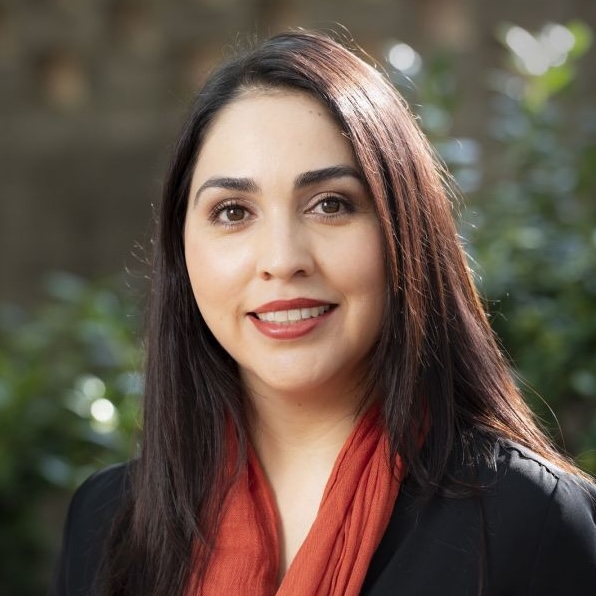 Alma Tinoco Ruiz
Alma Tinoco Ruiz
Royce and Jane Reynolds Assistant Professor of the Practice of Homiletics and Evangelism
Alma Tinoco Ruiz is a practical theologian whose work centers on the intersection of homiletics, pastoral care, and evangelism. Influenced by Saint Romero’s preaching, Tinoco Ruiz is exploring how preachers can effectively address the trauma experienced by marginalized and oppressed communities, particularly the community of undocumented immigrants from Latin America in the United States. She completed her ThD thesis on "Óscar Romero's Theological, Hermeneutical, and Pastoral Framework for Preaching to Traumatized Communities." Her publications include essays in the International Journal of Homiletics, Predicación con Impacto: Preparación y Presentación de Mensajes Bíblicos, The Christian Century, and Duke Divinity School’s DIVINITY magazine. She is an ordained elder in the United Methodist Church.
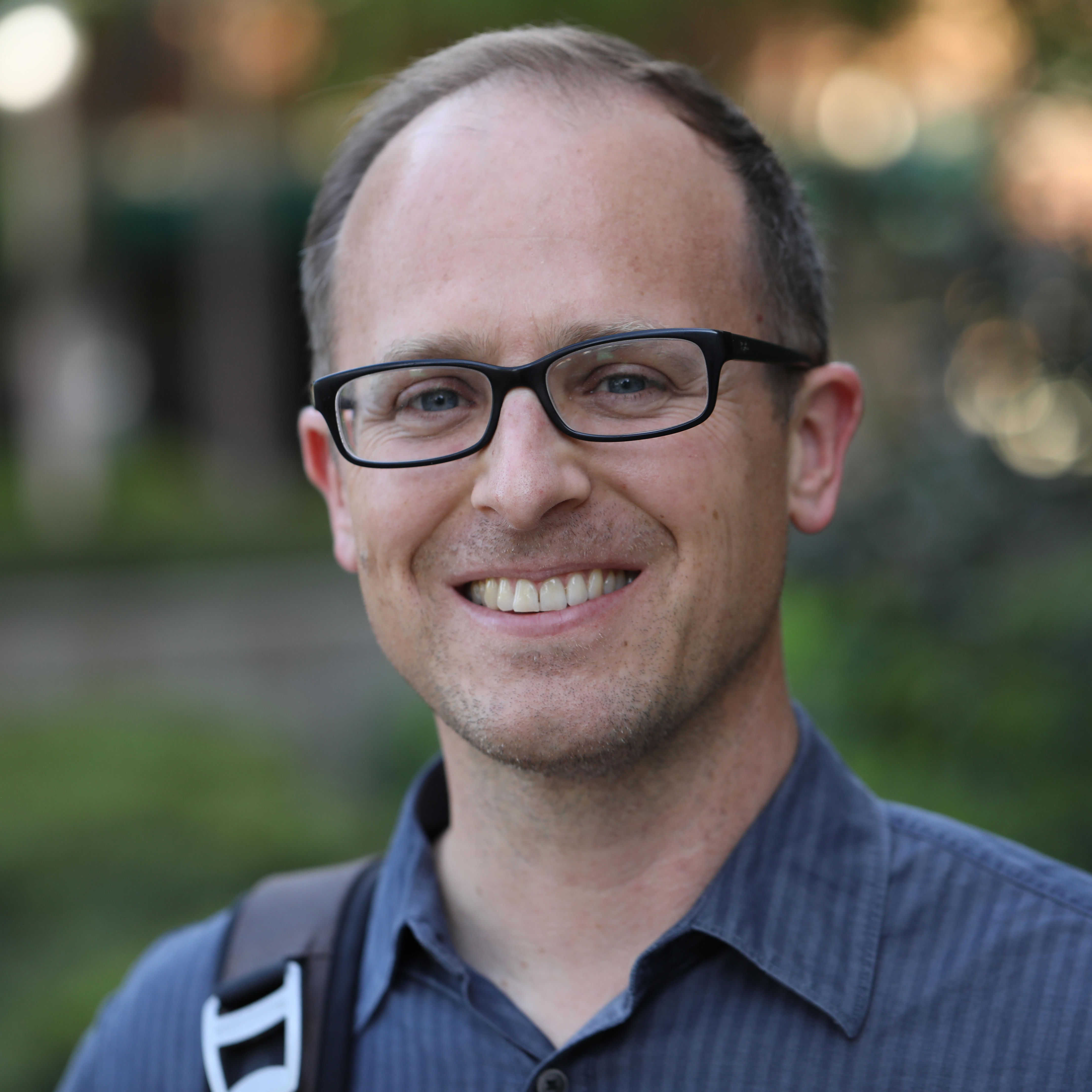 Matthew Philipp Whelan
Matthew Philipp Whelan
Baylor University
Matthew Philipp Whelan is assistant professor of moral theology and social ethics at Baylor University. He is the author of Blood in the Fields: Óscar Romero, Catholic Social Teaching, and Land Reform (Catholic University of America Press, 2020), which argues that Romero’s advocacy for justice in the distribution of land illumines the meaning of his witness. Matthew writes and teaches on Catholic social teaching, Latin American theologies, and ecological theology. His articles have appeared in Modern Theology, Journal for the Society of Christian Ethics, International Journal of Systematic Theology, Journal of Moral Theology, Communio, and Nova et Vetera, among other venues.





